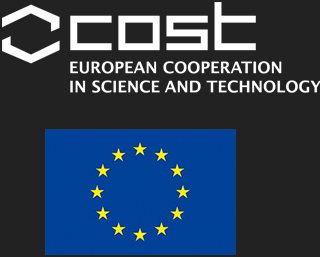About COST
COST (European Cooperation in Science and Technology – see www.cost.eu) is a unique platform where European researchers can jointly develop their ideas and initiatives across all scientific disciplines through trans-European networking of nationally funded research. COST is supported by the European Union (EU) Horizon 2020 Programme.
About Gender and Extended Working Life
What is Extended Working Life (EWL)?
Why analyse Gender and EWL?
Why use a life course approach to EWL
Health and EWL
What does this mean for policy?
Our Objectives
The main goal of this Action is to advance scientific knowledge about the gendered impacts of extended working life on the health and economic well-being of older workers in Europe and to support informed gender-sensitive future policy, explicitly considering the differential needs of women and men. Specific aims are (1) to develop new understandings and best practice for research into extended working life and gender and to create a platform which harmonises a number of methodologies, disciplines and approaches; (2) to enhance and add value to current research in these fields and build capacity for future collaborative research; (3) to provide training, support and mentoring for emerging researchers in the field of gender and extended working life; (4) to act as an innovative platform for knowledge exchange and dissemination of good practice among researchers, practitioners, policy-makers, NGOs and other relevant stakeholders including trade unions and employers.
Chair:
Dr. Áine Ní Léime,
Irish Centre for Social Gerontology
National University of Ireland, Galway
Ireland
Tel: +353 91 495460
email: aine.nileime@nuigalway.ie
Vice-Chair:
Professor Sarah Vickerstaff,
University of kent
CornwallisNE
CT27NF Canterbury
United Kingdom
Tel: +44 1227827730
email: s.a.vickerstaff@kent.ac.uk




